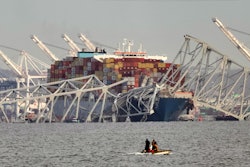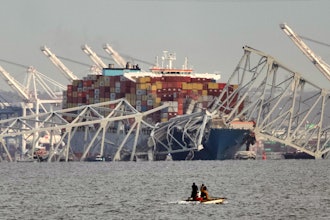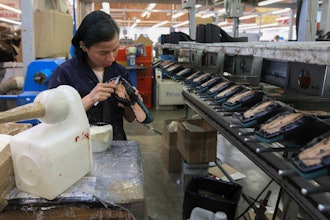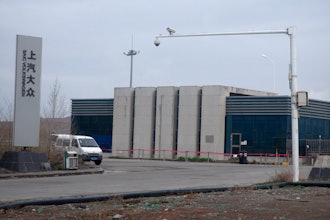Business continuity consultant Brian Zawada offers a look at some of the lessons learned for supply chain planning, and how many industries will continue to feel the aftershocks of events in Japan.
Brian Zawada |
The 2011 Continuity Insights Conference (www.continuityinsights.com) recently held in Atlanta featured a presentation from business continuity consultant Brian Zawada ([email protected]). Avalution’s Director of Consulting offered some insight on how the recent tragedies in Japan are currently impacting individual companies, as well as entire industries, around the globe.
Zawada spotlighted some of the specific challenges facing automotive manufacturing, electronic device production (ranging from consumer to medical), aerospace manufacturing and steel production.
- According to sources close to Zawada, he speculates that 30 percent of the planet’s automotive production facilities could face some sort of shut down due to logistical and supply chain complications in Japan.
- “The electronics industry is being hit on three levels,” offers Zawada. “First, there’s the actual chip production that companies such as Apple rely upon for devices like their next generation iPod and iPad offerings. Similarly, production of the chemicals used in the bonding of those chips has been greatly slowed. And finally, the production of the wafer used in microchips and semiconductors is being impacted. So, there’s less finished product, as well as fewer components of the whole part available to the global microchip marketplace,” offers Zawada. This impacts companies that produce everything from MP3 players to blood pressure monitors.
- In the aerospace realm, the specialized electronic components used in many of Boeing’s aircraft currently originate from single Japanese suppliers. But Boeing is not alone, as the shut-down of many component production and distribution plants in Japan has brought — or will soon bring — operations to a screeching halt. The end result is rapid and significant supply chain detours for those that failed to plan.
- When it comes to steel, nearly 20 percent of Japan’s total steel export comes from scrapping operations. With these facilities currently off-line, steel availability becomes more suspect and prices could subsequently increase.
Throw in issues like rolling blackouts, missing personnel and numerous logistical challenges, and the result is less reliable production conditions for key suppliers. All of the sudden a number of companies will need to re-evaluate who they’re working with and what the next viable option will be.
“Not to be insensitive to the horrific manner in which these natural disasters decimated Japan on so many levels, but there are certainly lessons to be learned from a supply chain perspective,” offers Zawada. “This reinforces the need for supply chain and business continuity professionals to work together in developing plans that center on a better understanding of supplier dependencies, especially when dealing with a single or sole source supplier.”
Zawada also feels greater internal transparency needs to be developed in knowing more about a supplier’s operations. “While being respectful of proprietary information, companies have to develop an understanding of where their suppliers are sourcing raw material and components in the event of a supply chain disruption, as we’re seeing in Japan right now. Additionally, having insight on how and who to contact within foreign governments can be crucial in plugging gaps within the supply chain during such unfortunate events as these,” he adds.























